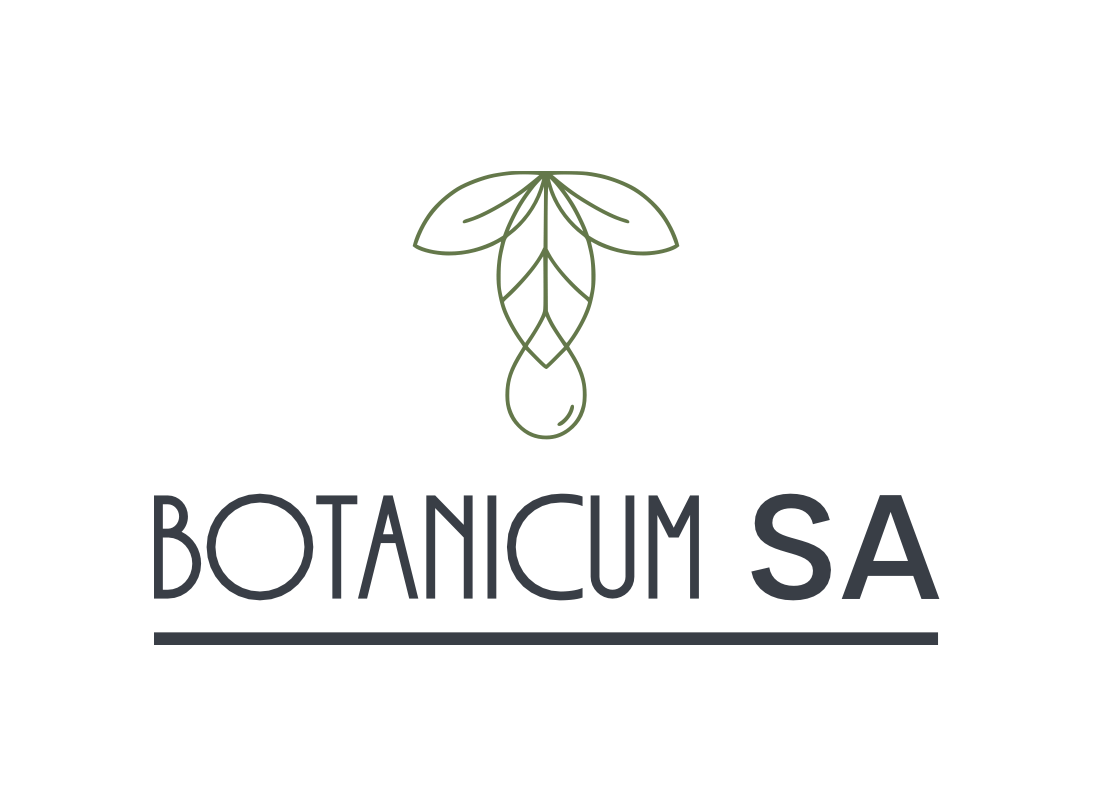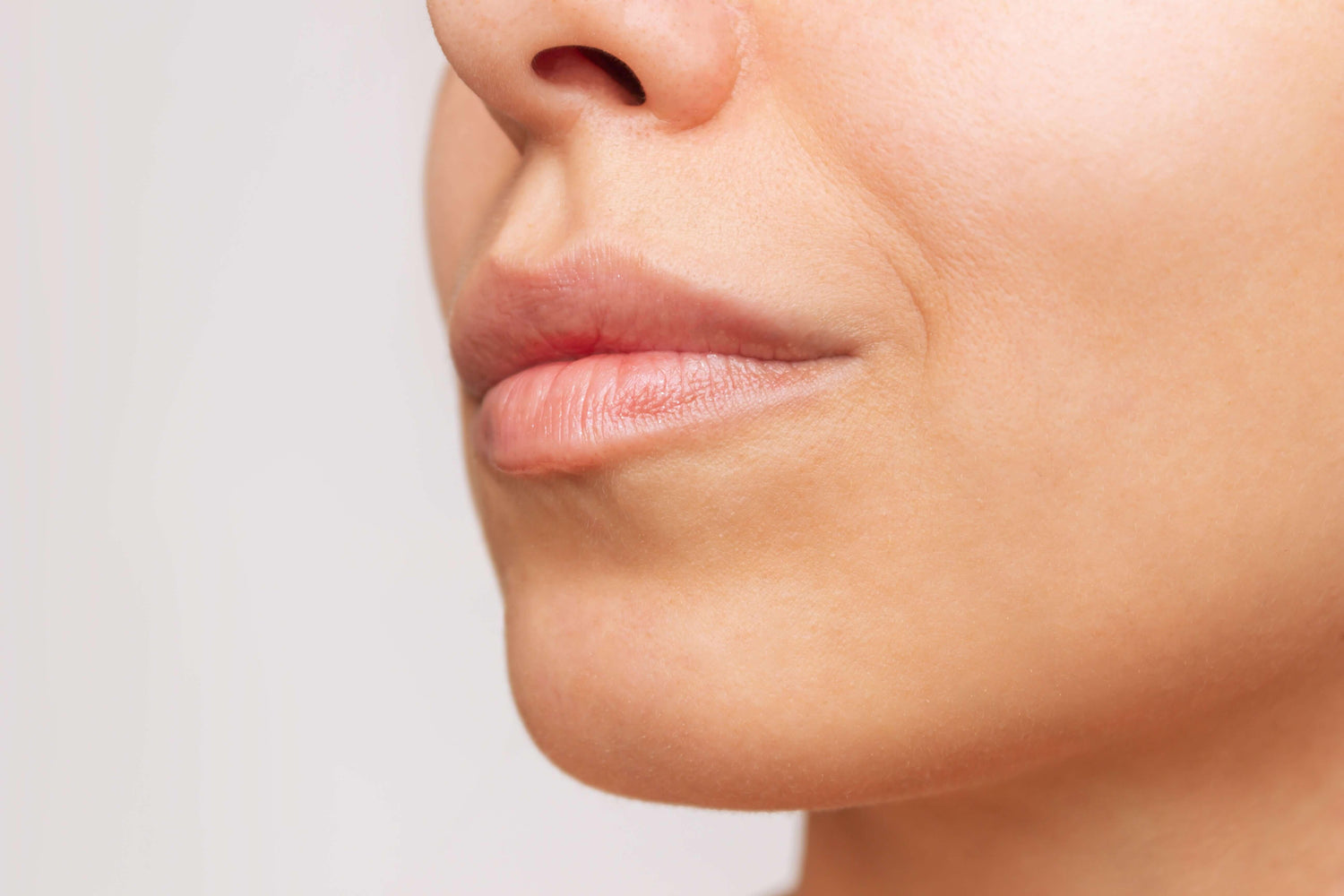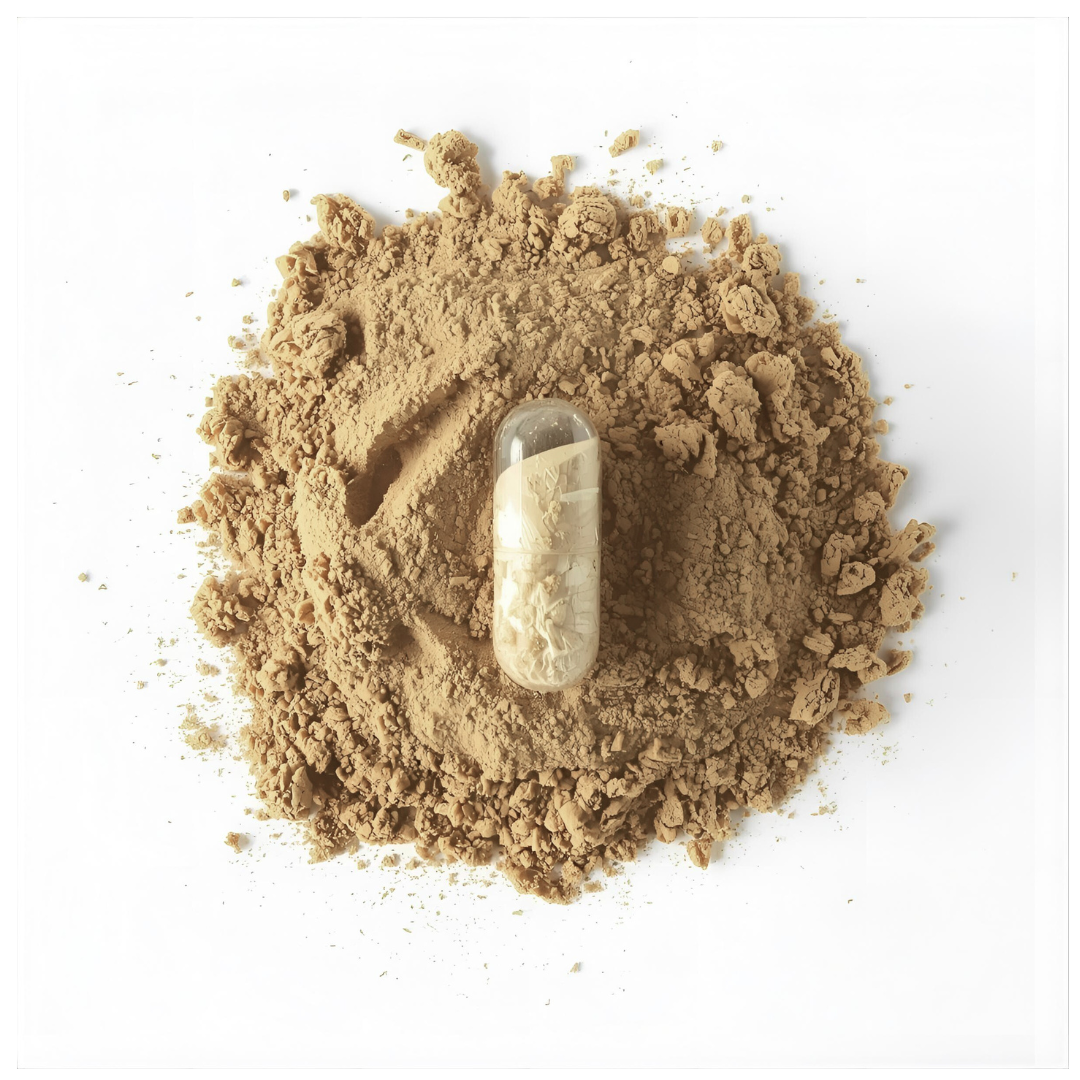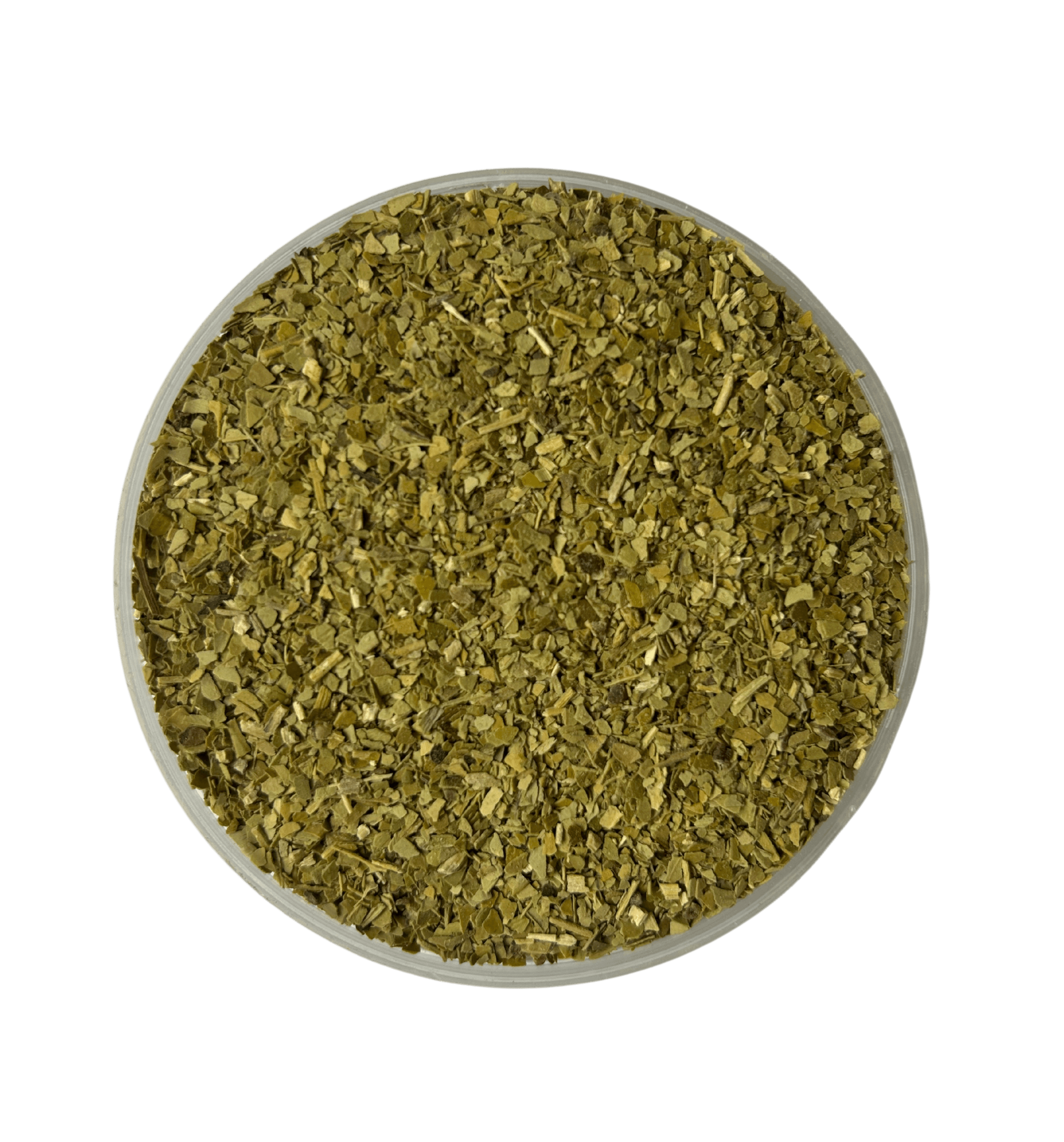Menopause marks a significant transition in a woman's life, characterised by the end of menstrual cycles and a host of physical and emotional changes. Many women seek natural remedies to manage menopausal symptoms, and traditional Chinese medicine offers several promising options. Among these, Chinese mushrooms, such as Reishi, Maitake, and Cordyceps, have garnered attention for their potential benefits in alleviating menopausal symptoms. This blog post explores the use of these mushrooms in menopause management, supported by scientific research.
Understanding Menopause and Its Challenges
Menopause typically occurs between the ages of 45 and 55, bringing with it symptoms such as hot flashes, night sweats, mood swings, sleep disturbances, and decreased bone density. These changes are primarily due to the decline in estrogen and progesterone levels. While hormone replacement therapy (HRT) is commonly used to manage these symptoms, it carries risks such as increased chances of breast cancer, blood clots, and stroke. As a result, many women turn to natural alternatives, including medicinal mushrooms.
Reishi Mushroom (Ganoderma lucidum)
Reishi mushroom, known as Lingzhi in Chinese, has been used for thousands of years in TCM for its health-promoting properties. It is renowned for its ability to boost the immune system, reduce stress, and improve sleep quality—all of which are beneficial during menopause.
- Immune Support and Hormonal Balance: Reishi contains triterpenes and polysaccharides that modulate the immune system and exhibit anti-inflammatory properties. This can help in balancing hormones and reducing the severity of menopausal symptoms .
- Stress Reduction: The adaptogenic properties of Reishi help in managing stress and anxiety, common issues during menopause. This mushroom aids in stabilizing mood swings and promoting emotional well-being .
- Improved Sleep: Insomnia and disturbed sleep are prevalent during menopause. Reishi has been shown to improve sleep quality by influencing the sleep cycle and promoting relaxation .
Maitake Mushroom (Grifola frondosa)
Maitake, or "Hen of the Woods," is another mushroom valued in Chinese medicine. It is particularly noted for its ability to regulate blood sugar levels and support overall health.
- Blood Sugar Regulation: Maitake's beta-glucans help in regulating blood sugar levels, which can fluctuate during menopause due to hormonal changes. Stable blood sugar levels are crucial for maintaining energy and mood stability .
- Bone Health: Osteoporosis is a concern post-menopause due to decreased estrogen levels. Maitake has shown potential in supporting bone health by enhancing calcium absorption and bone density .
- Weight Management: Maitake aids in weight management by improving metabolism and reducing fat accumulation, which can be beneficial as metabolic rates tend to slow down during menopause .
Cordyceps (Cordyceps sinensis)
Cordyceps is a unique mushroom known for its energy-boosting and anti-aging properties. It has been used traditionally to enhance stamina and libido, both of which can decline during menopause.
- Energy and Stamina: Cordyceps enhances ATP production, leading to increased energy levels and reduced fatigue. This is particularly useful for menopausal women experiencing low energy and lethargy .
- Sexual Health: The decline in libido during menopause can affect relationships and overall well-being. Cordyceps has been found to improve sexual function and desire by increasing blood flow and balancing hormones .
- Anti-Aging Benefits: With its antioxidant properties, Cordyceps helps combat oxidative stress and the signs of aging, promoting overall vitality and longevity .
Integrating Chinese Mushrooms into Your Routine
To reap the benefits of these mushrooms, they can be incorporated into the diet through various forms such as extracts, powders, teas, and capsules. It is essential to consult with a healthcare provider to determine the appropriate dosage and combination, especially if you are on medication or have underlying health conditions.
Conclusion
Chinese mushrooms offer a natural and holistic approach to managing menopausal symptoms. Reishi, Maitake, and Cordyceps each bring unique benefits, from immune support and stress reduction to improved bone health and energy levels. As more women seek alternatives to conventional hormone therapies, the role of these medicinal mushrooms in promoting menopausal well-being continues to gain recognition and scientific validation.
By embracing the wisdom of Chinese Medicine and integrating these powerful fungi into daily routines, women can navigate menopause with greater ease and vitality.
References
- Reishi Mushroom: Immune Modulation and Hormonal Balance. National Institutes of Health. Available at: https://www.ncbi.nlm.nih.gov/pmc/articles/PMC5637890/
- Adaptogenic Properties of Reishi. National Institutes of Health. Available at: https://www.ncbi.nlm.nih.gov/pmc/articles/PMC3183262/
- Reishi and Sleep Quality. National Institutes of Health. Available at: https://www.ncbi.nlm.nih.gov/pmc/articles/PMC5009285/
- Maitake Mushroom and Blood Sugar Regulation. National Institutes of Health. Available at: https://www.ncbi.nlm.nih.gov/pmc/articles/PMC3339609/
- Maitake and Bone Health. National Institutes of Health. Available at: https://www.ncbi.nlm.nih.gov/pmc/articles/PMC5819417/
- Weight Management with Maitake. National Institutes of Health. Available at: https://www.ncbi.nlm.nih.gov/pmc/articles/PMC5357536/
- Cordyceps and Energy Levels. National Institutes of Health. Available at: https://www.ncbi.nlm.nih.gov/pmc/articles/PMC3440415/
- Cordyceps and Sexual Health. National Institutes of Health. Available at: https://www.ncbi.nlm.nih.gov/pmc/articles/PMC6057463/
- Antioxidant Properties of Cordyceps. National Institutes of Health. Available at: https://www.ncbi.nlm.nih.gov/pmc/articles/PMC6264735/





Leave a comment
This site is protected by hCaptcha and the hCaptcha Privacy Policy and Terms of Service apply.